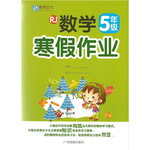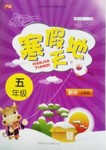题目内容
Ⅴ.
句型转换
1.One day people will go to the shops no more. (改为同义句)
One day people ___go to the shops ___more.
2.Mary pays 10 dollars for the toy. (改为同义句)
Mary ___10 dollars ___the toy.
3.Lingling is going to buy a present for her mother. (对画线部分提问)
_____is Lingling going to ____for her mother?
4.There are some new ways to go shopping nowadays. (改为一般疑问句并做肯定回答)
—_______new ways to go shopping nowadays?
—_______
5.Online shopping is good for our life. (用bad改为选择疑问句)
____online shopping good ____for our life?
练习册系列答案
 黎明文化寒假作业系列答案
黎明文化寒假作业系列答案 寒假天地重庆出版社系列答案
寒假天地重庆出版社系列答案
相关题目

